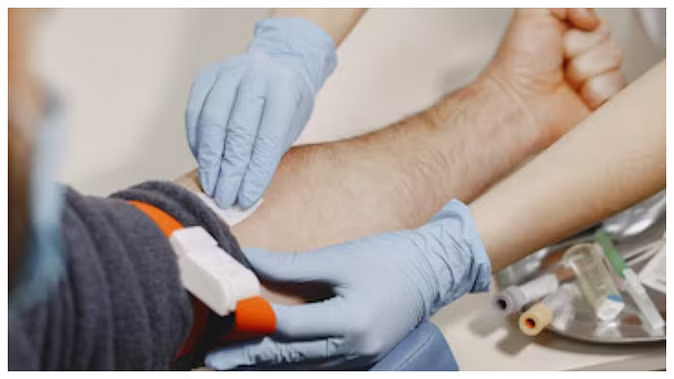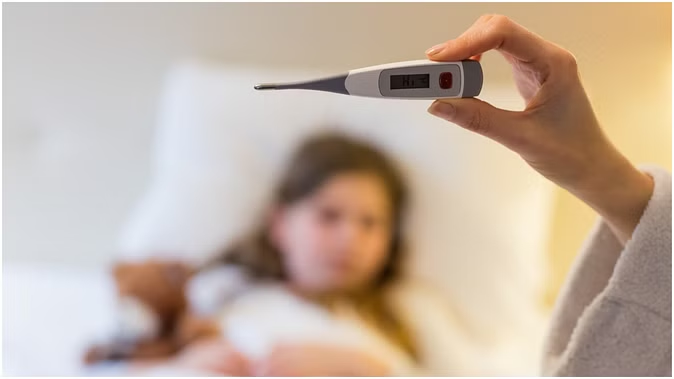Many states of the country are in the grip of mosquito-borne disease dengue these days. Dengue is a viral infection that spreads through the bite of infected Aedes aegypti mosquitoes. The main symptoms of dengue include high fever, muscle pain with headache, and skin rashes.

According to media reports, cases of this disease are also increasing in the eastern states of the country including Maharashtra, Karnataka, and Kerala. So far this year, more than 10,000 cases of dengue have been reported in Karnataka, of which eight have died. There are reports of increasing cases of dengue infection in Delhi, Rajasthan, and Gujarat as well.
According to reports, this year the cases of dengue in Delhi are the highest in the last five years. A total of 246 cases have been registered in the city between January 1 and June 30, which is the highest in this period since 2019. Talking to Amar Ujala, the doctor says, at present, there are not many dengue patients in the hospitals, although there is a fear that the number of patients may increase.
It is important to identify and treat the symptoms of dengue in time so that its serious risks can be reduced.
Dengue and its danger
Health experts say that the symptoms of dengue can range from mild to severe. There is also a risk of internal bleeding due to dengue, which is considered to be a life-threatening side effect. In most dengue patients, the blood platelet count starts decreasing, this situation needs serious attention. A platelet count of less than 40 thousand is considered a serious condition. It may also require emergency medical treatment and hospitalization.
What are blood platelets?
According to the report by the Mayo Clinic, platelets or thrombocytes are pieces of small cells present in our blood that help in forming blood clots. If these are not there, the blood will not clot and there may be a risk of excessive bleeding. Platelets are formed in our bone marrow.
In case of any kind of injury, these platelets gather at the site of the wound and act like a plug and seal the blood vessels in the process of forming a clot, which stops the blood from leaving your body. The amount of these blood platelets starts decreasing in dengue patients.

What should be the platelet count?
The platelet count in the body of a healthy person ranges from 150,000 to 450,000 platelets per microliter of blood. Dengue patients have a higher problem of low platelet count. A platelet count of less than 150,000 is considered worrisome. A count of up to 50000 is considered a sign of serious problems, in which there may be a risk of internal bleeding. This is the reason why serious dengue patients may need platelet transfusions.
How can their quantity be increased?
Doctors say that there is no special change in lifestyle that helps in increasing your blood platelet count. Low platelet count in dengue requires treatment so that bleeding problems and other symptoms can be controlled. Doctors improve it through medicines.
Apart from this, increasing the intake of foods rich in omega-3, vitamins, iron, and other minerals can be beneficial for you. These help fight pathogens and can also increase platelet count in dengue. Dengue patients should consume as much liquid as possible, fruit juices, and coconut water.
(pc: fREEPIK)










